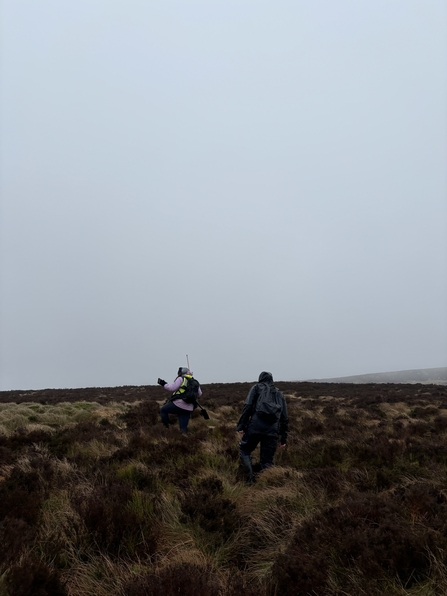The internship started with lots and lots of reading, who knew there was so much to learn about peat bogs?! Using many resources, I gained knowledge in the ecological significance of peatlands, and the difficulties faced by these habitats due to degradation and human impact. The Hidden Peat campaign particularly left an impression on me, I was totally unaware that some mushrooms using peat as a growing medium! I now think I have become somewhat of a Peat Inspector in investigating the cases of missing peat-labels in my local supermarkets.
The statistics and facts surrounding peatlands are shocking. Peatlands are the largest terrestrial carbon stores on earth; however, 500,000 hectares of peatlands are being destroyed every year. Healthy peatlands can offset human activities that are raising CO2 levels, but some farmers are still draining areas of upland and lowland to make the land useful for agricultural practice. Given this appalling information, you’d think there would be laws and actions in place. Well, kind of. So far, The Wildlife Trusts have restored the equivalent of over 120,000 football pitches worth of peatland in England. In contrast to these vital efforts, the UK government announced it would ban the sale of bagged peat compost by 2024, but there is still no legislation in place to achieve this. After reading this, it became clear to me the importance of the Northumberland Peat Partnership; it is more than just restoring the 80% of damaged peatlands in the UK. We need people at home, wildlife lovers, and retailers to listen and take action, go peat-free and sell peat-free products!


